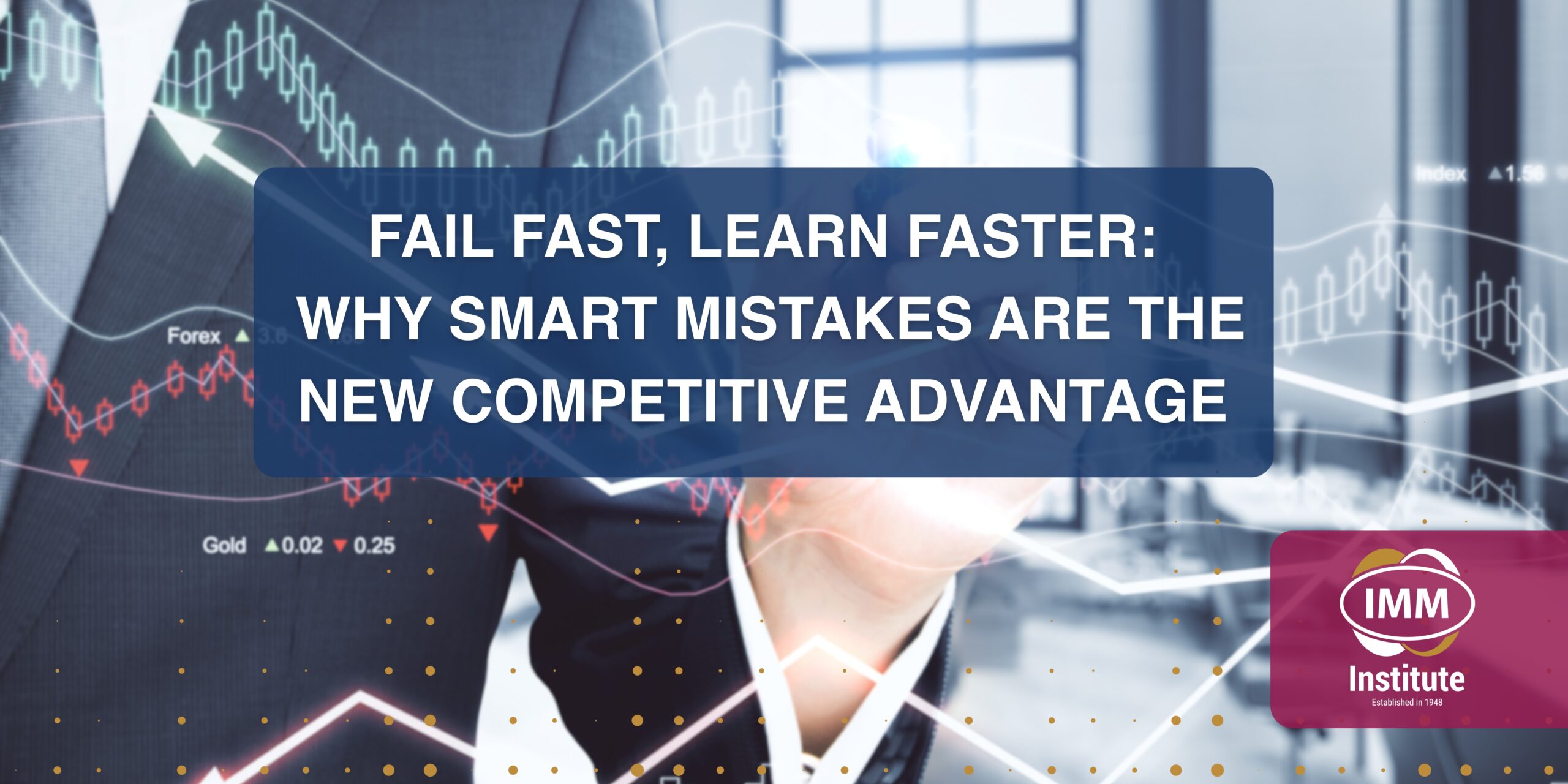Understanding Generational Marketing
Baby Boomers: The Hardworking Generation
- They were born between 1946 and 1964.
- They value consistency, diligence, and in-person interactions.
- More traditional marketing platforms, like print, radio, and television are preferred.
- A large part of Baby Boomers are tech savvy, so a well-rounded marketing plan, that makes use of digital and conventional media platforms, can be successful.

Generation X: The Bridge of Transition
- Generation X were born between 1965 and 1980.
- Tech-savvy, Gen Xers enjoy consuming media online but also physically.
- Traditional marketing methods mixed with a cross-channel online marketing strategy can be especially successful.
Millennials: Digital Natives in Focus
- Millennials were born between 1981 and 1996.
- Millennials love to engage with brands through smartphones on social media.
Crafting Tailored Marketing Strategies
Leveraging the 4P's for Each Generation

The 4P’s, namely Product, Price, Place, and Promotion come in as very critical in marketing. When dealing with Baby Boomers, the quality and reliability of a product must be emphasised and the price justifiable in relation to the value it represents. Traditional places like retail stores and the promotion through TV ads are arguably effective. For Generation X, market products that offer practical solutions with competitive pricing. They appreciate a mix of both physical and online places, and promotions should be straightforward and factual.
Millennials prioritise products with a story or a cause, so price strategies could include charitable donations or sustainable practices. They are mostly online, so place your efforts on digital platforms and craft promotions that are engaging and shareable on social media. Gen Z values innovation and are very active online.
Embracing Digital Transformation in Marketing
Unprecedented levels of personalisation are possible with digital tools and platforms, from tailored marketing campaigns to targeted advertisements. This may entail mixing traditional outreach with online elements, such as social media accounts or educational websites, for Boomers and Gen X. On the other hand, a seamless digital experience across platforms and devices is what millennials and Gen Z demand.
Utilising data analytics to gain a deeper understanding of customer behaviour and preferences is another aspect of digital transformation. Marketers may optimise their efforts and increase return on investment by using this
data-driven approach. Being knowledgeable online is more important than simply being online. Whether it’s through AI-driven recommendations, chatbots for instant customer service, or interactive content, digital transformation in marketing is about meeting each generation where they are with the right message at the right time.
The IMM Institute Advantage: Courses Tailored for Success

The IMM Institute stands out by offering courses specifically tailored for success in the dynamic field of marketing. With the Fundamentals of Marketing course, students gain practical knowledge that prepares them to navigate the complexities of each generational cohort effectively. The course covers the impact of external environmental changes on marketing success and provides insights into competitor strategies. This equips students with the skills to market unique products or services and maintain a competitive advantage.
Lastly, another key component of the training is understanding consumer behaviour, which helps marketers adjust their tactics based on feedback from customers at every stage of the decision-making process. In addition, the course offered by the IMM Institute explores the digital sphere and teaches students how to effectively use social media and the Internet for positioning, targeting, and segmentation. After finishing this course, students will
be well-prepared to create customised marketing strategies that appeal to both Gen Z and Baby Boomers, enabling them to maintain their competitive edge in the always changing marketing environment.
















